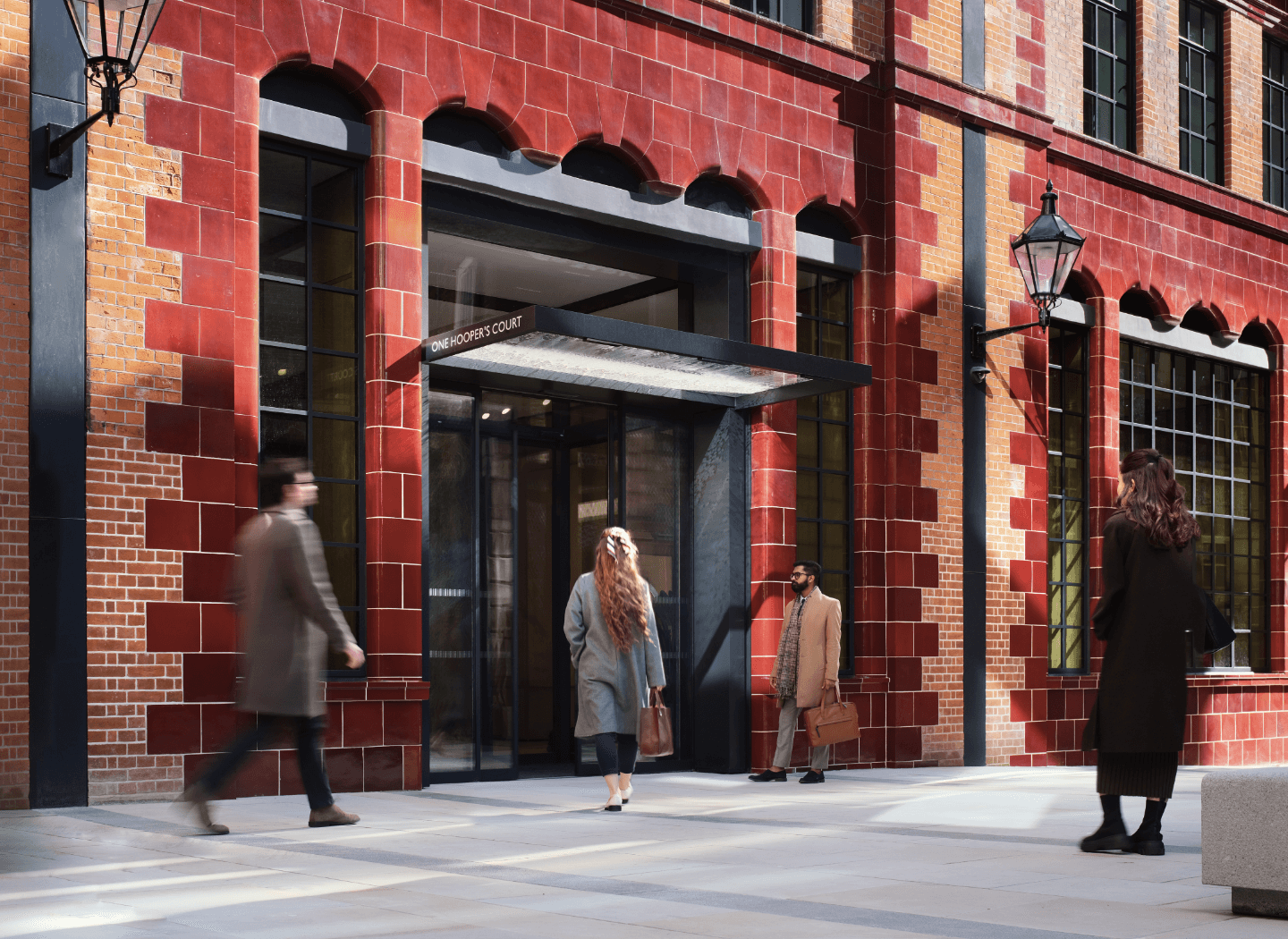This year has been the first time in three years that Christmas shopping has been uninterrupted by COVID-19 measures in the UK. Whilst our high streets have enjoyed the boom of UK shoppers in the past few weeks, they have lacked the usual hubbub of international shoppers, many of whom are diverting their spending away from the UK high streets to neighbouring European, as a direct result of the government’s decision to end tax-free shopping.
In a bid to restore confidence, following the poorly received Growth Plan, Chancellor Jeremey Hunt used his November Budget to reverse most of that Plan’s measures including the proposal to re-instate tax-free shopping, which was removed on 1st January 2021 as Britain left the EU.
Britain is now the only major European country not to offer tax-free shopping to international visitors.
In November 2022, Oxford Economics, commissioned by the Association of International Retail (AIR), of which Cadogan is a founder and board member, published its assessment of the full impact of tax-free shopping on the UK economy and level of tax revenue. It concluded that the full impact of introducing tax-free shopping to all international visitors would not be an annual cost of £2bn estimated by the Treasury, but a net positive of £340m per annum when the full impact on visitor numbers and spending is taken into account.
Steve Medway, CEO of The Knightsbridge Partnership stated, “We urge the UK Government to reconsider the drop in tax free shopping and join the call for an independent assessment of the full impact of tax free shopping on the UK .
“We are committed to supporting any amends to tax-free shopping to benefit our members and will continue to act on your behalf to find ways to ensure this is re-instated. We will continue to keep our members appraised of any further developments.”
Oxford Economics estimates that increased spending by the additional international visitors on other goods and services, such as hotels and restaurants add around £600m of VAT per annum. Moreover, tax generated as a result of a further £4.1 bn on Gross Domestic Product (GDP) is estimated to be around £940m per annum.
The effects of ending tax-free shopping are not just felt in falling customer sales. Global brands are revising their capital investment programmes, diverting planned expenditure from the UK to EU countries where high-spending international visitors are now choosing to go.
In last week’s House of Lords debate, The Rt Hon. the Lord Vaizey of Didcot, among other peers, raised and debated tax-free shopping and similarly, wrote on the benefits of re-introducing tax-free shopping in Friday’s Evening Standard with immediate benefits for the UK. You can catch the debate online now.
The Knightsbridge Partnership supports the decision of The Association of International Retail (AIR) to ask the Chancellor for an independent assessment from the OBR of the full impact of tax-free shopping on the UK economy and tax revenues. This will enable the Chancellor to assess this important economic growth measure based on full and accurate information.




